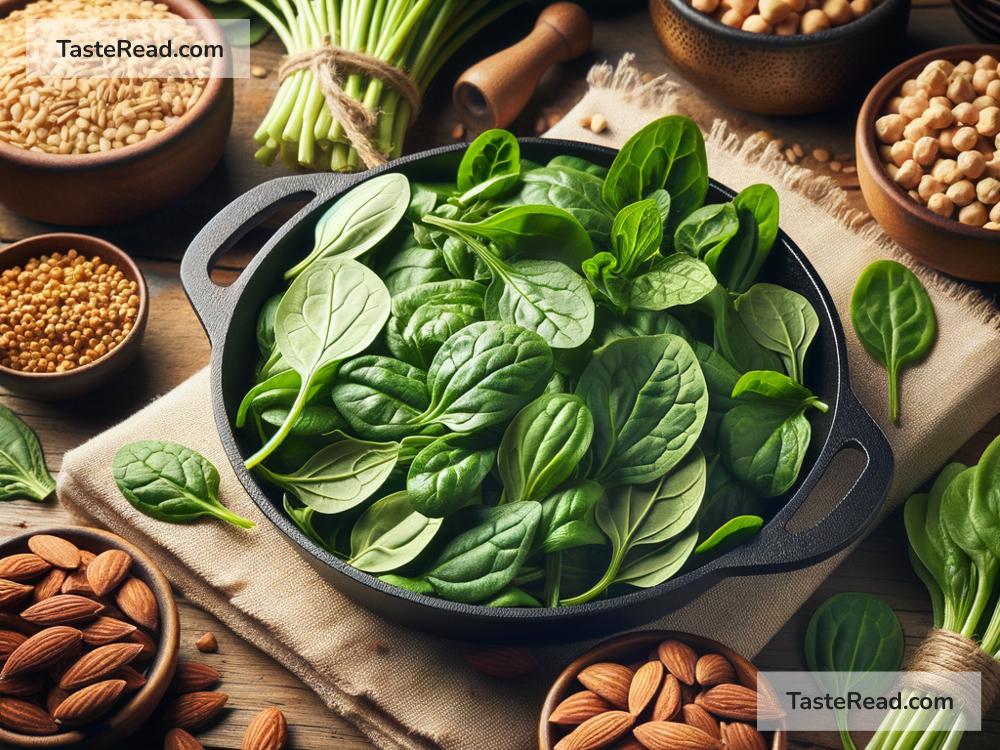The Role of Fenugreek Leaves in Promoting Energy for Physically Demanding Jobs
If you work a physically demanding job, you know that energy is everything. Whether you’re a construction worker, nurse, farmer, delivery driver, or someone in another tough profession, staying energized and alert is crucial to getting through your day. While many people reach for coffee or energy drinks, there’s a natural and healthy way to boost your energy: fenugreek leaves.
Fenugreek leaves may not be as famous as coffee or energy supplements, but they are packed with nutrients that support your body and keep you energized. Known as “methi” in many parts of Asia, fenugreek leaves have been used for centuries in cooking and traditional medicine. Here’s how this humble leafy green can help individuals who take on physically demanding jobs.
What Are Fenugreek Leaves?
Fenugreek is a plant that belongs to the legume family. Its leaves and seeds are widely used in cooking, especially in India and the Middle East. The leaves are small, slightly bitter, and highly aromatic. They’re often added to curries, soups, and bread to enhance flavor. But beyond their taste, fenugreek leaves are a treasure trove of nutrients.
Fenugreek leaves are packed with essential vitamins and minerals such as iron, calcium, magnesium, and fiber. These nutrients play a key role in keeping your body strong, well-nourished, and energized, especially when you have physically demanding tasks to handle.
How Fenugreek Leaves Boost Energy
One of the best ways to understand fenugreek is to look at how the nutrients it contains benefit your body. Here’s a breakdown of why fenugreek leaves are ideal for boosting energy in physically taxing jobs:
1. Rich in Iron
Iron is critical for maintaining energy levels. It helps your body produce hemoglobin, which transports oxygen to cells and tissues. More oxygen means a more efficient working body. This is especially important for people involved in physical labor since they exert more effort and need oxygen in higher amounts. Iron deficiency can lead to fatigue and decreased productivity—problems that fenugreek leaves can help fight.
2. Loaded with Magnesium
Magnesium is another key mineral found in fenugreek leaves. It plays a role in muscle function and helps convert food into energy. If you spend your day lifting heavy objects or standing for long hours, magnesium supports your muscle health and prevents cramps or stiffness.
3. Provides Natural Fiber
Fiber improves digestion and ensures that your body efficiently processes what you eat. A healthy digestive system means that the nutrients from your food are used effectively, giving you energy throughout the day. Fenugreek leaves are rich in dietary fiber, making them a great addition to meals for sustained energy.
4. Supports Blood Sugar Balance
Fenugreek leaves help regulate blood sugar levels. If your blood sugar is unsteady, it can lead to energy crashes or feelings of tiredness. By keeping blood sugar stable, fenugreek leaves ensure you have consistent energy during the day, especially during physically demanding tasks.
5. Boosts Hydration and Recovery
Fenugreek contains compounds that encourage hydration and reduce inflammation in the body. After a tough day of physical labor, fenugreek leaves can help your body recover faster and feel refreshed for the next day’s challenges.
How to Add Fenugreek Leaves to Your Diet
The good news is that fenugreek leaves are easy to cook and incorporate into your meals. Whether you prefer traditional dishes or simple recipes, here are a few ideas:
-
Methi Paratha (Fenugreek Flatbread)
Mix chopped fenugreek leaves into whole-wheat flour to make flatbread. It’s a delicious, portable meal for lunchboxes or on-the-go energy during the workday. -
Fenugreek Soup
Add fenugreek leaves to vegetable soups. Their nutrients pair well with carrots, beans, and lentils. -
Fenugreek Stir-fry
Sauté fenugreek leaves with garlic, onions, and olive oil. Eat it as a side dish or mix it with rice. -
Smoothies
Blend raw fenugreek leaves with fruits like bananas or mangoes for a fresh energy-packed smoothie.
You can also dry fresh fenugreek leaves and store them for months as a powder, sprinkling it into curries or tea for added benefits.
Fenugreek Leaves vs. Energy Drinks
Energy drinks may give you a temporary boost, but they often come with sugar crashes, dehydration, and other long-term health risks. Fenugreek leaves, on the other hand, offer a natural, sustained energy source without the harmful side effects. They nourish your body and improve overall health while providing the strength and endurance needed for physically demanding jobs.
Conclusion
If your job involves lifting, running, bending, or other forms of physical labor, finding ways to power your body naturally can make a big difference. Fenugreek leaves aren’t just tasty; they’re a nutritional powerhouse that fuels your muscles, supports your stamina, and keeps your energy steady all day long. By adding fenugreek leaves to your meals, you’ll give your body the tools it needs to work at its best—even during the longest, toughest shifts.
Why rely on artificial energy boosters when nature has you covered? Give fenugreek leaves a try, and watch your energy levels soar naturally!


